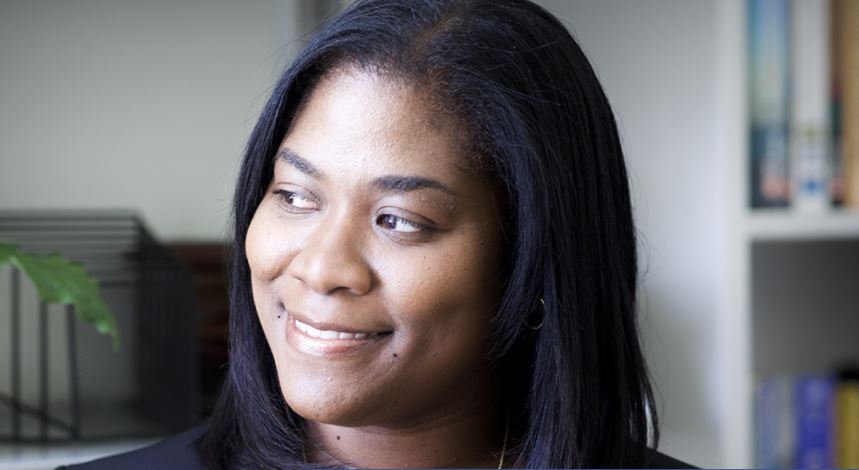For nearly 20 years, accounting firms have identified finding qualified staff as a top challenge; and now, with technology playing an even more important role, finding accountants with a digital mindset is especially difficult.
“We are information-based individuals,” says Dr. Nerissa Brown, Associate Professor of Accountancy at the Gies College of Business at the University of Illinois at Urbana–Champaign. “To upskill the profession, we have to focus on the foundation, and that is data.”
Accounting as part of data science
Given the rapid speed of technological changes in the business world, the accounting discipline has really become part of an information and data science discipline, explains Dr. Brown. From the basic building blocks of business operations or related activities, data science is increasingly being leveraged to figure out how to collect transactions and generate usable data from those activities. As a result, both public accounting firms and their clients can access massive amounts of both internal and external financial and accounting data, and are seeking ways to tap into this data to guide better strategic decision-making.
This provides accounting graduates an opportunity in becoming the point-person that can demonstrate skills in collecting, generating, and auditing financial data to help clients harness more data-driven decision-making. Specifically, when it comes to the auditing function, there are new and innovative ways to ensure that the data is being used with integrity, and that data anomalies, biases, and potential fraud are identified in a matter of minutes or hours.

Indeed, this new technology has enabled accounting professionals to make predictions supported by data analysis, rather than simply processing the data — and data science is at the core of this ability to take historical and real-time data and actually make these predictions. For example, using such data analysis, tax accountants can assess the tax effect on revenue if a client moved to expand operations into different countries. Further, this technology has given accounting pros the ability to perform this analysis within minutes, rather than weeks, which was the case traditionally.
The role of academic institutions
Dr. Brown, who is also the academic director for the Bachelors and Masters of Accounting Science (MAS) program at the University of Illinois, has pushed academic institutions to respond to changing market needs and focus on teaching data analytics. “We ensure our students have a comfort level with data with an analytics and technology-forward mindset from the beginning and know how to run an algorithmic model,” Dr. Brown says, adding that this means seeing a business problem, generating a hypothesis, and then, figuring out the data needed to test the hypothesis.
Dr. Brown also embeds the scientific method into the MAS program itself, using the same process that she goes through when she has a research question or when writing a research paper.
Today, given the myriad problems that the COVID-19 pandemic has brought forward for business leaders, the need for sound, data-supported decision-making is paramount and gives tech-versed accountants a critical role to play.
Cross-campus collaborations
Other colleges are similarly revamping their technology and data science curriculum for their accounting students. North Carolina Agricultural and Technical State University, for example, is utilizing grant funds to facilitate a cross-disciplinary workshop series between its College of Science & Technology and its Willie A. Deese College of Business and Economics to explore how data analytics can be inserted into the respective curricula of each college. Dr. Kecia Williams Smith, an assistant professor and director of the Master of Accountancy Program at the university, is a participant in the series and sees data science emerging as a opportunity to bring academic partners from across the spectrum to generate new approaches in teaching students the necessary skills to be competitive in a changing environment.
Many universities are building out courses and making curricular innovations to tackle the technology skills gap as well. The University of Illinois is establishing its own data analytics center with support from Deloitte. The main goal of the center is to create analytics content, cases, and webinars that are are broadly available for students, other schools, and professionals to access. Further, the university created an online master’s of accounting with a data analytics concentration at its core as well as its new Business Analytics iCademy.







